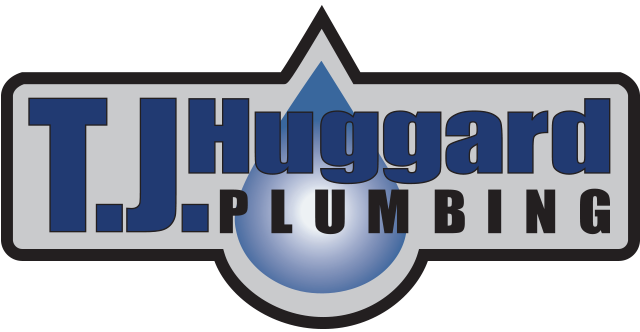As the chill of winter fades away and the vibrant colors of spring emerge, homeowners often find themselves facing a new set of challenges when it comes to their plumbing systems. One common issue that tends to arise during the springtime is sewer line clogs and backups, which can lead to unpleasant odors, messy cleanups, and costly repairs. Let’s explore why springtime poses particular risks for sewer line problems and provide valuable tips to help homeowners prevent clogs and backups before they occur.
Springtime Sewer Line Maintenance Tips
Springtime brings a combination of factors that can contribute to sewer line clogs and backups. As the ground thaws after winter, the soil becomes saturated with moisture, increasing the likelihood of tree roots seeking out water sources, including sewer pipes. Additionally, the increased rainfall common in many regions during the spring can overwhelm aging sewer systems, leading to backups and overflows. The accumulation of debris, such as leaves and sediment, over the winter months, can worsen these issues, making it essential for homeowners to take proactive measures to protect their sewer lines.
1: Schedule a Professional Inspection
One of the most effective ways to prevent springtime sewer line surprises is to schedule a professional inspection with a licensed plumber. A thorough inspection can identify potential issues, such as tree root intrusion, pipe corrosion, or blockages before they escalate into major problems. Professional plumbers use specialized tools, such as video cameras, to inspect the inside of your sewer lines and pinpoint areas of concern. By addressing any issues early on, you can avoid costly repairs and minimize the risk of backups during the spring.
2: Watch What You Flush
Another crucial tip for preventing sewer line clogs and backups is to be mindful of what you flush down your drains and toilets. Avoid flushing items that are not biodegradable, or that can easily become trapped in your sewer pipes, such as paper towels, feminine hygiene products, and grease. Additionally, consider installing drain strainers or screens in your sinks and showers to catch hair and debris before they can enter your sewer system. Practicing proper disposal habits can help keep your sewer lines clear and flowing smoothly.
3: Be Mindful of Landscaping
Spring is a popular time for landscaping projects, but it’s important to be mindful of how your landscaping choices can impact your sewer lines. Avoid planting trees or shrubs near your sewer lines, as their roots can infiltrate and damage the pipes over time. If you already have trees near your sewer lines, consider having them professionally trimmed to prevent root intrusion. Be cautious when using landscaping equipment, such as lawnmowers and trimmers, near your sewer cleanout access points to avoid causing damage to your sewer lines.
Tip 4: Practice Regular Maintenance
Regular maintenance is key to keeping your sewer lines in good working condition year-round. In addition to scheduling professional inspections, consider implementing a routine maintenance schedule that includes tasks such as snaking your drains, flushing your sewer lines with hot water, and using enzymatic drain cleaners to break down organic matter. Consider investing in preventive maintenance services, such as hydro jetting, which uses high-pressure water to clean out debris and roots from your sewer lines, helping to prevent clogs and backups.
Tip 5: Install Backflow Prevention Devices
Installing backflow prevention devices can safeguard your home against sewer line backups and overflows. These devices are designed to prevent sewage from flowing back into your home in the event of a sewer line blockage or backup, protecting your property from water damage and contamination. Backflow prevention devices come in various types, including check valves and backwater valves, and can be installed by a qualified plumber to provide added peace of mind during the springtime and beyond.
Keep Your Sewer System Healthy
Springtime brings with it the promise of warmer weather and blooming flowers, but it also presents unique challenges for homeowners’ plumbing systems. By being proactive and following the tips outlined in this blog post, you can help prevent springtime sewer line clogs and backups, protecting your home and your family from the inconvenience and expense of plumbing emergencies. Remember, a little prevention goes a long way when maintaining a healthy and functional sewer system! Contact us today to schedule your springtime plumbing maintenance appointment.



